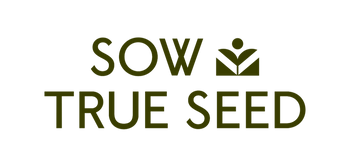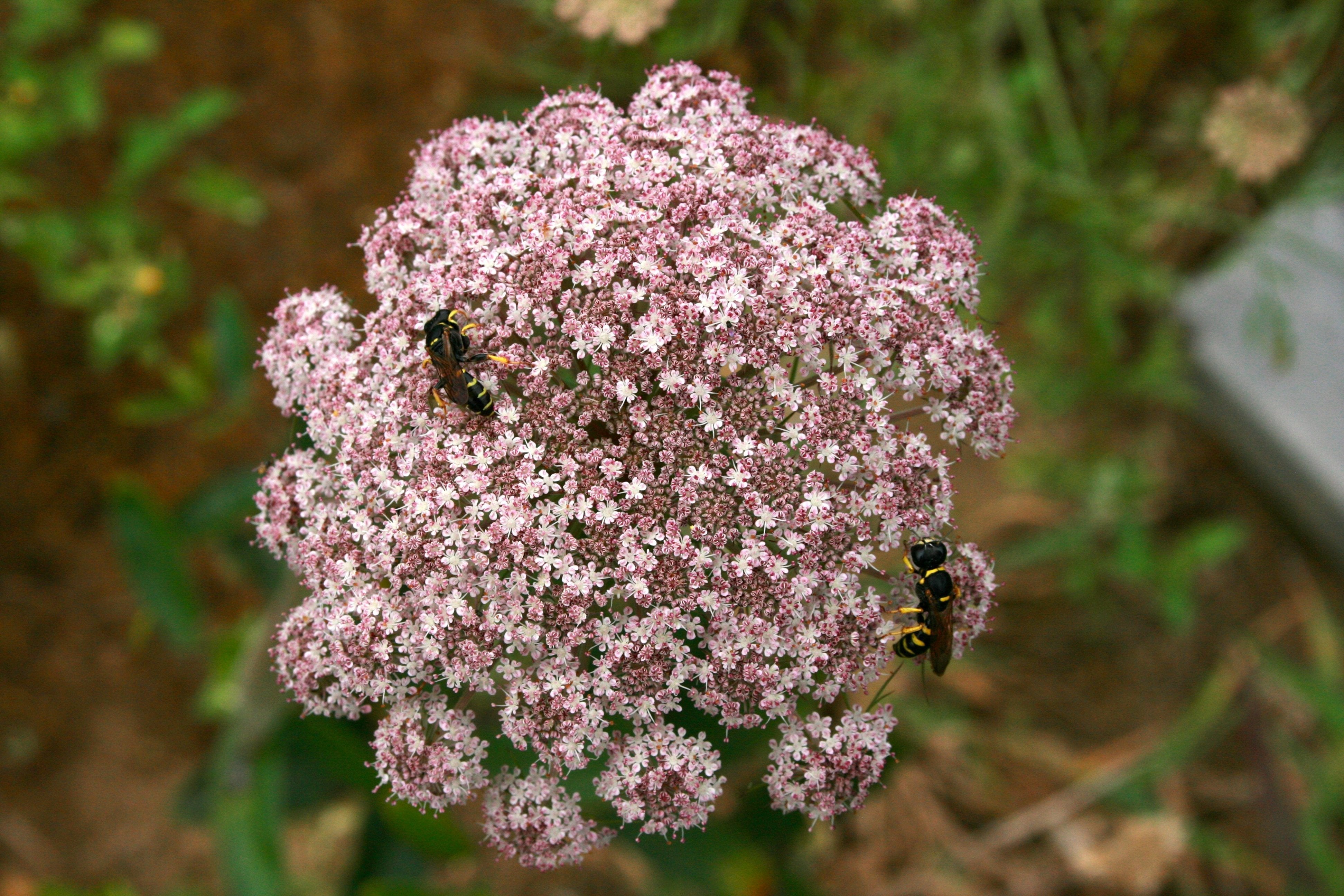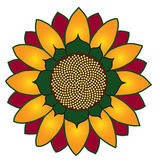We Need More Flowers For The Bees
We at Sow True Seed know the importance of pollinators since we sell open-pollinated seed! Most plants need pollination, not only to fruit (those delicious tomatoes - pollinated), but also to produce seed! And we wouldn't be around if pollinators didn't do their job! In fact a lot of your favorite varieties wouldn't be around either. Beyond that, those pollinators – native bees, bumblebees, wasps, syrphid flies, plus the honey bee that is experiencing colony collapse disorder, and others, all need flowers to pollinate. You want to attract these pollinators to your garden so they will, well, … pollinate — your veggies, herbs, fruit.

What is more attractive, in any sense of the word, than flowers?
All the experts are telling us to grow flowers at all times of the growing season. Pollinator attracting flowers have what might be thought of as unexpected consequences. For example, it turns out soybeans, cotton and canola (rapeseed) don’t need pollinators to set fruit but when they are present those crops produce a higher yield. In other words, if you advertise your garden to beneficial animals by having flowers to attract them, you’ll reap benefits. And you will have more to eat!

Pollinator-Approved Flowers
Flowers make us happy. We recommend growing perennials and self-seeders like Poppies, Violas, and Bachelor Buttons.
Something to consider when choosing pollinator-friendly flowers is their bloom time.
You want pollinators to have food for the greatest amount of time possible. You could start with chives that bloom fairly early in the spring, to be followed by daisies, strawberries and lupines, delphinium, and thyme. As the warm weather moves in, the echinaceas, black-eyed susans, cosmos, morning glories, marigolds, and nasturtiums grow right into the early autumn. Finally, the asters and chrysanthemums chime in and bloom until it’s just too cold for the pollinators to be hanging around.
It is even more important to grow native flowers to attract the native bees. In our area, we include “weeds” like asters, milkweed, goldenrod, mullein and others to add to the collection. You can fill in empty spaces with edible annuals like sunflowers.

Say no to pesticides
Having invited pollinators into my garden, I am careful not to use chemical pesticides. Neonicitinoids in particular, sold by huge companies like Bayer and Syngenta, and in your garden or hardware store as Scotts or Miracle-Gro, are common. They have been banned by the European Union because there is clear evidence of their relationship to colony collapse. These poisons kill bees along with all the other things they kill. My local garden center has alternatives and there is a great deal of information online about what’s safe and what isn’t. Poisons do the job to kill unwanted pests, but, alas, they kill everything.
At the end of the day...
We can't truly separate the pollinator question from all the other questions- sea level rise, wildfires, hurricanes, and ultimately climate change. But making individual changes, especially in our environments, can make a difference! And not to mention, it's a beautiful change bringing you joy, yes, but also your neighbors, the pollinators, and the ecosystem.



